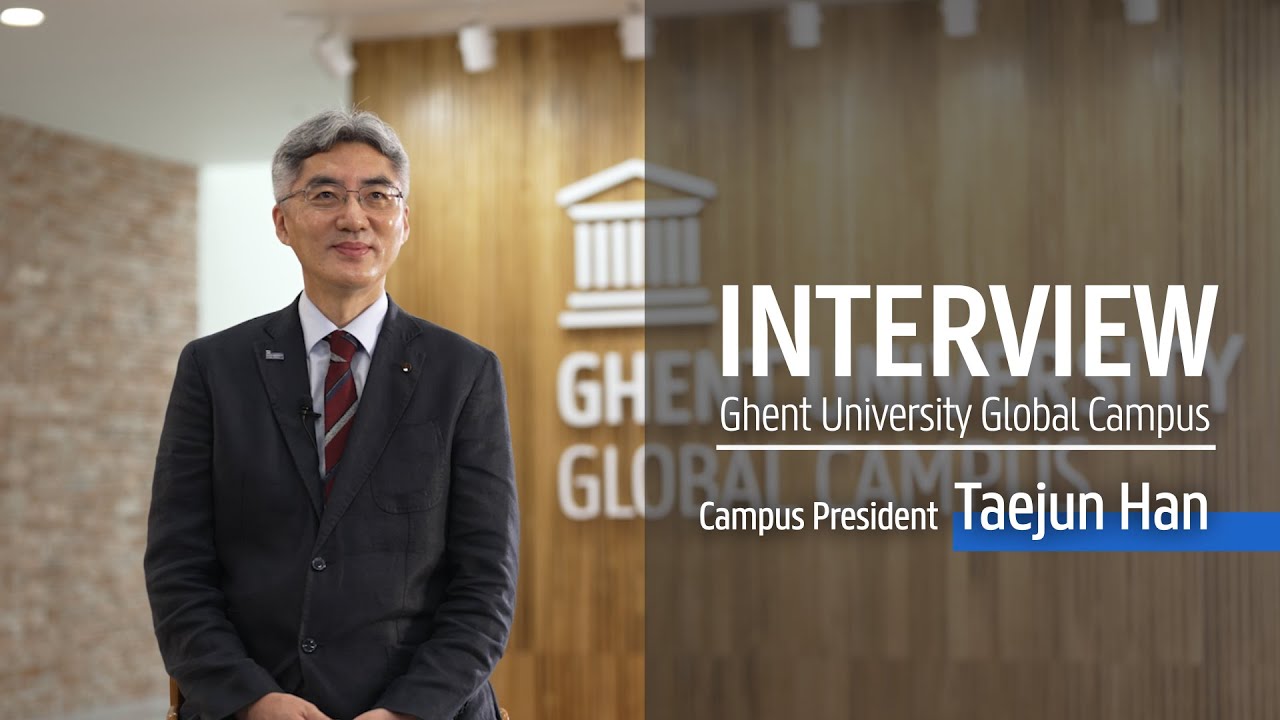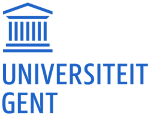How an academic partnership may boost blue economy research and innovation on a global scale
Coasts and oceans are some of the most productive ecosystems on the planet, providing an array of services that directly and indirectly support economic activity and growth. The various services provided by our ocean such as protection from natural hazards; food productions, and renewable energy, are estimated at 3 to 5 trillion dollars of annual global ocean economic activity. Emerging activities such as ocean energy, marine biotechnology and robotics are developing quickly and will play an important role in the global transition towards a carbon-neutral, circular and biodiverse economy.
Countries like South Korea, with a coastline of approximately 130 times Belgium, are true ‘ocean countries’. Hence, they are an important partner to stimulate a sustainable ‘Blue Economy’. Furthermore, South Korea offers great opportunities for research and development as it ranks second worldwide, after Israel, in terms of percentage of gross domestic product that is invested in research and development. In particular, the Korean government is expanding support for sectors related to biotechnology, environment and food.
Marine@UGent meets Korea
Universities play a critical role in building a sustainable blue economy. Ghent University was invited by the South Korean Ministry of Trade, Industry & Energy and the Ministry of Education to be part of the Incheon Global Campus (IGC) because of its worldwide reputation as a top 100 university and its life science programs, which are ranked within the international top 40. This is in line with the ambition of IGC to develop a Centre of Excellence in Asia in three pillars of technology, namely Environmental Technology, Food Technology and Molecular Biotechnology. Ghent University Global Campus (GUGC) officially opened in September 2014. Given the focus of ICG, it is not surprising that this university came into contact with the M@UG community, which was the beginning of an academic love affair.
Marine@UGent groups the scientific expertise of more than 50 research groups of UGent University across eight faculties. Members of Marine@UGent conducts research in disciplines ranging from biological sciences, aquaculture, pollution and food sciences to maritime law, marine energy and coastal and marine spatial planning and engineering sciences. The Centre of Excellence in Korea would therefore not only complement research at Marine@UGent, but also strengthen UGents world-leading position in the respective fields which expands opportunities for cooperation with universities and industrial partners in Korea and the wider Asian region.
Prof. Han as driving force behind the collaboration
Professor of Marine Science at Incheon National University and President of Ghent University Global Campus (GUGC), Prof. dr. Taejun Han, has been one of the driving forces behind this collaboration. He has been actively involved in environmental research, technological development, policy proposals, ISO-standardization of core environmental technologies, technical guidance, distribution and commercialization of technology, and international networking.
Prof. Han has been dedicated to the development and standardization of toxicity-related technologies and methodologies. Among the many awards, publications and patents, he also developed five aquatic toxicity assessment methods (using Ulva, duckweed, lettuce seeds, diatoms, and brown seaweed) as ISO standards. In particular, the Ulva method is Korea’s first, and the world’s second, to reach ISO DIS (DIS 13308), the final ISO certification stage. In 2009, the Ulva method earned Dr. Han an award from the Minister of Education for his contributions to the development of environmental technology and green growth.
Over the years, Prof. Han has build up an extensive international network, which has proven to be invaluable to register the Incheon, tidal flats as UNESCO World Heritage Sites. Incheon, the city where the Ghent University opened its global campus, is home to nearly 30 percent of Korea’s tidal flats, or gaetbol. Research has shown that proper use of tidal flats in Korea could lead to a reduction of as much as 30 percent of the current level of greenhouse gas emissions. Not to mention their value for new and upcoming markets like biodiscovery and -technology. To mark the official launch, Prof. Han hosted and organised a ceremony attended by former UN Secretary-General Ban Ki-Moon and Queen Mathilde of Belgium in 2019.
Guest professorship at UGent Faculty of Bioscience engineering
Prof. Han also continues to be actively engaged with students to foster talent in the field of environmental science and on ecotoxicity standard assessment. Recently, he was appointed guest professorship at UGent Faculty of Bioscience engineering where he will provide lectures in the field of bio-economy. Students will get insights in the sustainable production and use of natural materials and resources, how to replace fossil and raw mineral materials, and how to manufacture products in a more environmentally friendly way. This focus is now, more than ever, necessary in times of climate change, a growing world population and a drastic decline in species.
With the position at UGent, Prof. Han welcomes the opportunity to enable his personal vision and dream which is to formulate a strategic (shared) research vision with added value for both GUGC and the Marine@UGent community, to increase research capacity and promote interdisciplinary research collaborations between Marine@UGent and GUCC. In support of this partnership, a number of BOF doctoral scholarships are provided with the GUGC label. More information is available here.
Opportunities for technology transfer
Industry-academia cooperation is a way forward. There is certainly much interest of local industry, not only in technology transfer activities but also in profit-making activities and other forms of interaction. To substantiate this, Prof. Han, together with the Korean government and Incheon Metropolitan City, are setting up a Marine Bioindustry cluster. The aim of the Bioindustry cluster is to strengthen cooperative partnerships throughout the entire production cycle: from R&D and technology transfer, to commercialization, and company growth. In line with the strategic plan for marine biotechnology research, plans are being developed together with Incheon Metropolitan Government to set up a land-based seaweed smart farm. This infrastructure will boost the marine bioindustry as the infrastructure will support the entire life cycle from bioresource discovery, materialization, standardization, and mass production to business marketing consulting.
Taking into account Prof. dr. Han’s research and education topics and his broad network, it is very clear that he will be a great added value for the M@UG community. To say it with the words with prof Han: ‘Well-begun is half-done’: Being involved in the development of GUGC as an extended campus of UGent and having a close friendship with many of the UGent professors since 2009, I would like to say that we have already well on our way towards our common goal of contributing not only to the fundamental role of a university in society (education, research and community service), but also to the realization of the blue bio-economy and the well-being of humanity.

